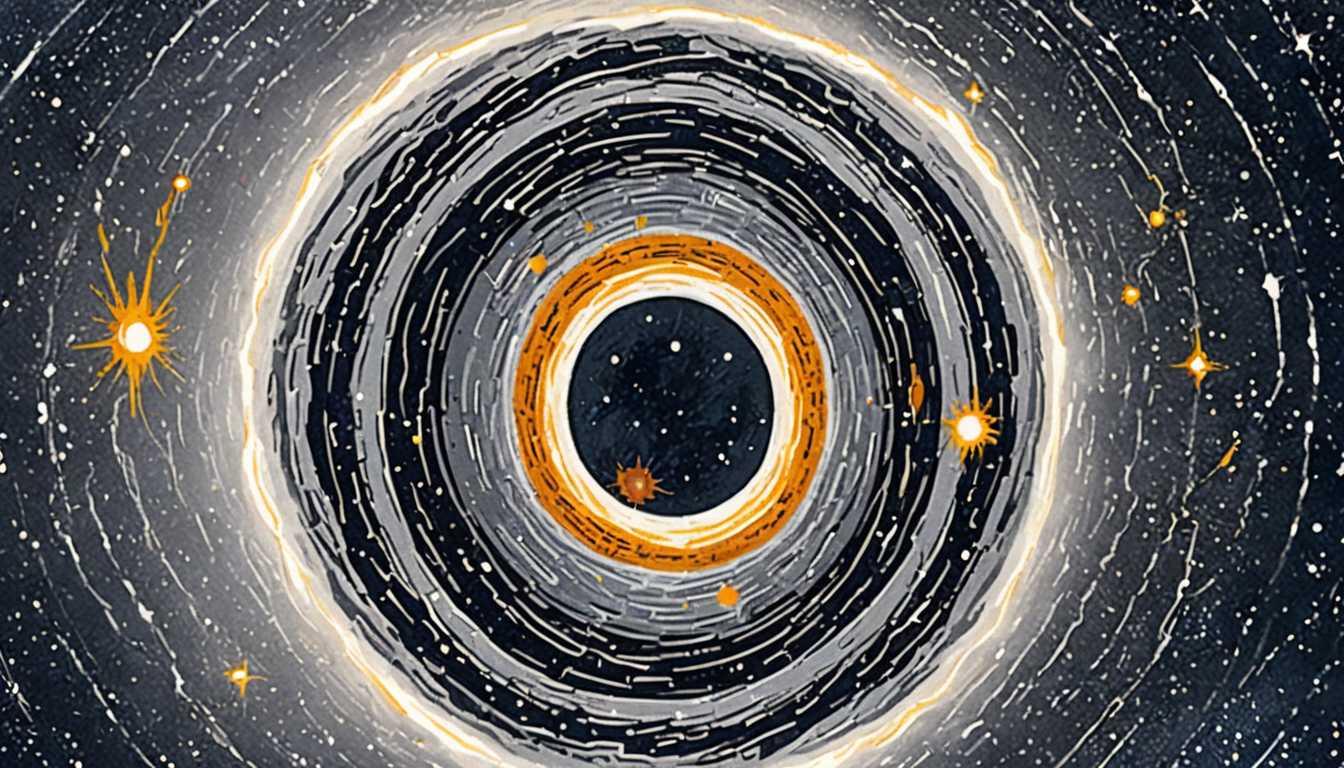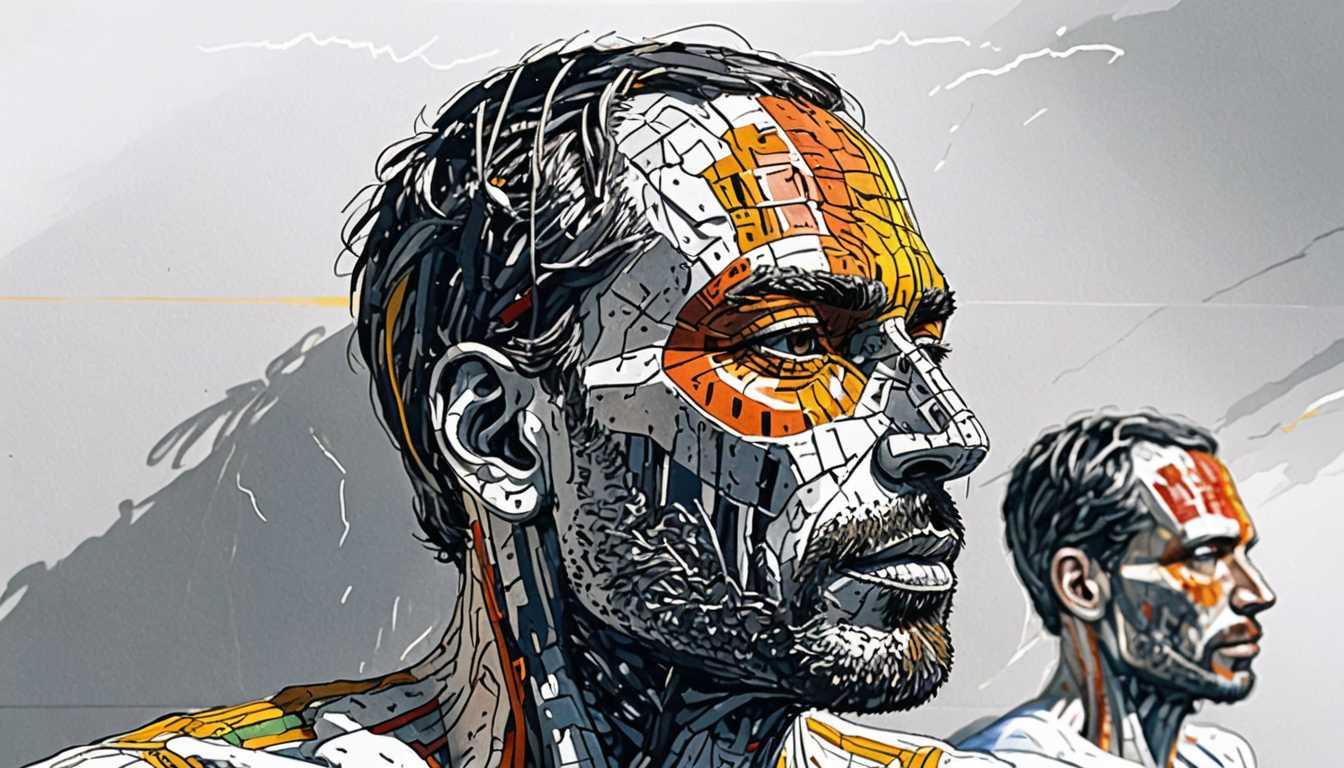Quantum Computing's Exotic Twist
April 2023
Cornell University
Introduction
Dive into the quantum realm with Cornell University's latest breakthrough: a leap towards fault-tolerant quantum computing. Imagine a world where computers fix their own mistakes, but with a quantum twist! Researchers have concocted a recipe using exotic particles, non-Abelian anyons, to shield quantum information like never before. This isn't just theoretical mumbo-jumbo; it's a real experiment with particles that behave like they're in a 2D video game, all in collaboration with Google Quantum AI. Get ready to be amazed by how swapping barbells (yes, you read that right) could unlock the future of computing!
READ FULL ARTICLEWhy It Matters
Discover how this topic shapes your world and future
Quantum Quests and Computing Conundrums
Imagine a world where your computer can solve problems so complex that today's machines would take centuries to crack. This isn't a scene from a sci-fi movie; it's the potential reality with quantum computing. At the heart of this revolutionary technology are qubits, the quantum version of computer bits, and a quirky particle known as the non-Abelian anyon. Unlike anything in our current computers, these anyons have properties that could make quantum computers fault-tolerant, meaning they can correct their own errors - a critical step for making these futuristic machines practical. This leap towards fault-tolerant quantum computing not only opens up new realms in computing power but also challenges our understanding of the quantum world. For you, it could mean the difference between growing up in a world where diseases remain uncured and one where medical breakthroughs happen at lightning speed. It's a glimpse into a future where the impossible becomes possible.
Speak like a Scholar
Qubits
The basic unit of quantum information, similar to bits in classical computing, but with the ability to exist in multiple states simultaneously thanks to quantum superposition.
Non-Abelian anyons
Exotic particles that exist in two dimensions and have unique properties that could allow for robust quantum computing by enabling fault-tolerant operations.
Fault-tolerant
A system's ability to continue operating properly in the event of the failure of some of its components; in quantum computing, this means it can correct its own errors.
Quantum condensed matter physics
A branch of physics that studies the quantum properties of matter in condensed phases (solid and liquid).
Interferometry
A technique that measures the interference of waves (like light) to make precise measurements of distances or changes.
Gauge theory
A type of field theory in which the way a field transforms is central to the theory; it's crucial in describing the interactions of elementary particles.
Independent Research Ideas
Exploring quantum error correction
Dive into how quantum computers can correct their own mistakes using exotic particles. What makes this different from error correction in classical computers?
The role of non-Abelian anyons in quantum computing
Investigate how these two-dimensional particles could be the key to unlocking fault-tolerant quantum computing. Why are they so special?
Interferometry in quantum experiments
Explore how interferometry is used to observe quantum phenomena, including the behavior of non-Abelian anyons. How does this technique help scientists see the invisible?
Applications of quantum computing in real-world problems
From medicine to cryptography, how could fault-tolerant quantum computing change various fields? What problems could it solve that classical computers cannot?
The mathematics behind quantum computing
Delve into the complex mathematics that make quantum computing possible. How do gauge theory and other mathematical concepts come into play in creating quantum algorithms?
Related Articles

Encryption's Quantum Chess Game
October 2023
MIT Technology Review

Decoding Black Holes: The Spin Secrets
January 2025
U of Cambridge Research

From Blurry to Brilliant: MIT's Discovery
January 2023
Massachusetts Institute of Technology (MIT)

Unlocking the Future of the Internet
May 2024
Harvard Gazette

IBM's Quantum Leap: 100,000 Qubits
May 2023
MIT Technology Review